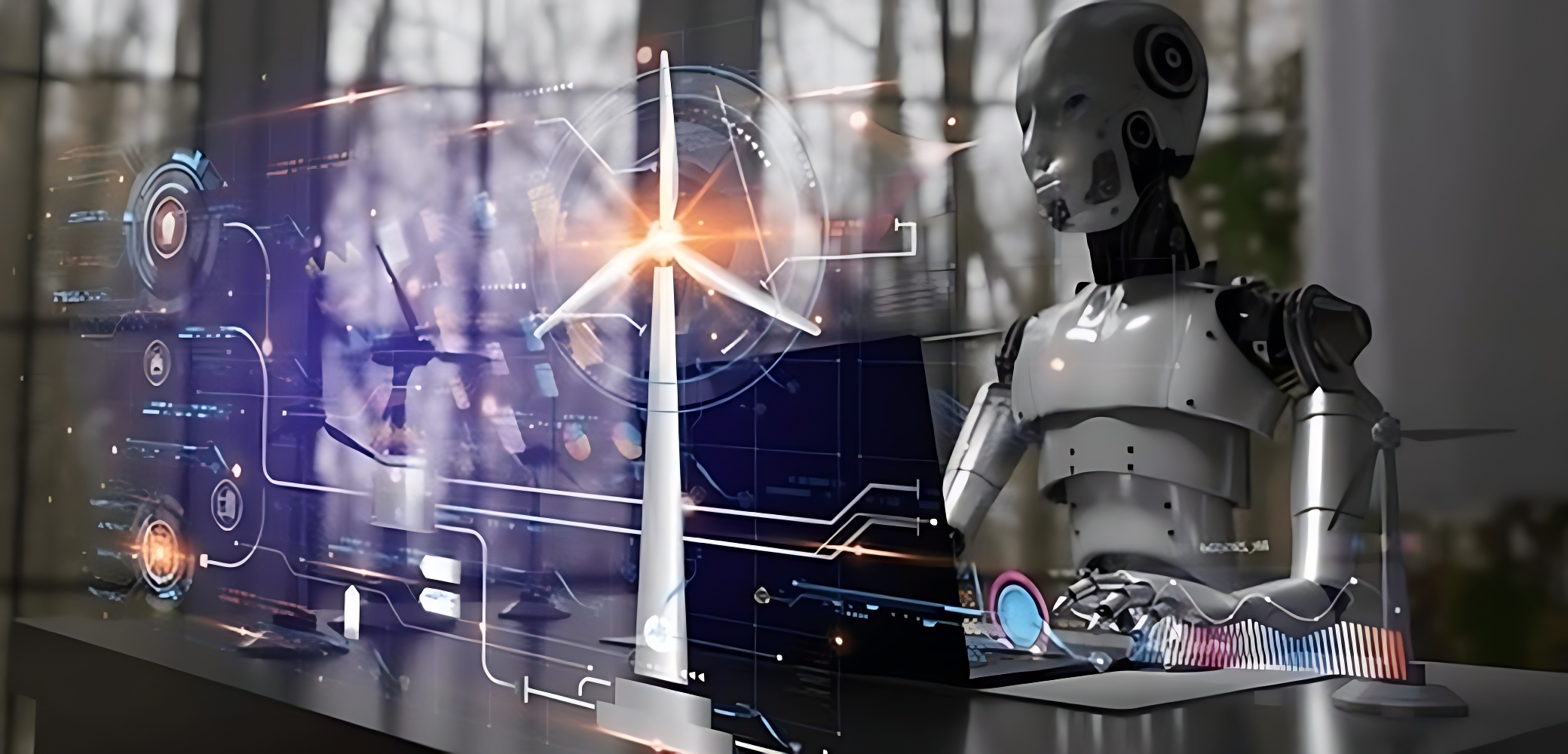The race against climate change and environmental degradation is on, and every tool at our disposal is crucial. At Altasu, we regularly encounter requests from our clients asking for skilled individuals in Artificial intelligence to help with their efforts to becoming a more sustainable company. Google-owned company, DeepMind is already using AI to tackle climate change. They have been able to improve the energy efficiency in data centres saving energy by 30 percent.

AI is no longer just science fiction; it’s rapidly evolving into a powerful force for good in the real world and has the potential to be a game-changer when it comes to sustainability. We delve into three key reasons on how AI is helping accelerate a more sustainable future from problem detection to solution design.
- Measure, predict, and optimise large complex data: AI can assist in identifying patterns, analysing large amounts of data, and helping us making better predictions when it comes to tackling complex environmental challenges. AI can help us with monitoring deforestation and illegal logging, optimising energy use, and helping improve precision in agriculture, for example analyse soil conditions, crop health, and weather patterns to guide farmers..
- Accelerate the development of sustainability solutions: AI is providing us with more efficient research and development processes that is helping assist with sustainability solutions like low-carbon materials, renewable energy production and storage, and climate-resilient crops. AI is helping financial firms detect fraud and financial crime through via machine learning techniques increase financial stability through minimised error margins.
- Help manage carbon. AI is helping automate solutions that unlock hidden efficiencies, optimise resource usage, and slash waste generation. It’s not a pipe dream; it’s the reality of green algorithms. Switching from an average data centre to a more efficient one can reduce carbon footprint by as much as 30 percent and further improvements are on the horizon.
Despite the potential benefits of AI for sustainability, there are challenges presented. Some of these challenges include job displacement and the large carbon footprint from the significant computing power used by running large AI models. This is just a starting point for the conversation about AI and sustainability, however, there is a long way to go before we can see the full potential AI has in accelerating this transformation in sustainability and help achieve NetZero.
I encourage you to learn more about this important topic and get involved in making a difference. Together, we can build a cleaner, greener future for generations to come.

